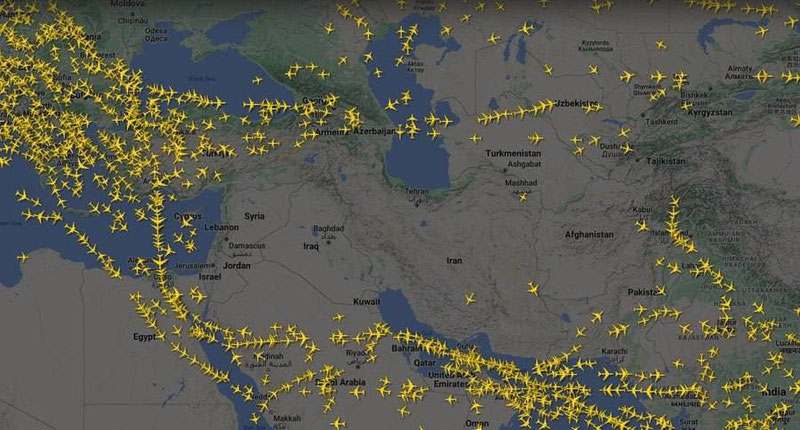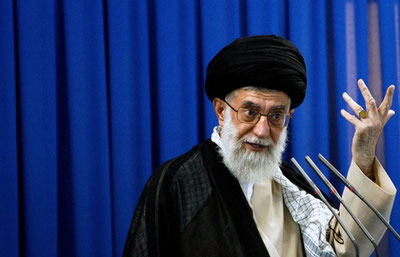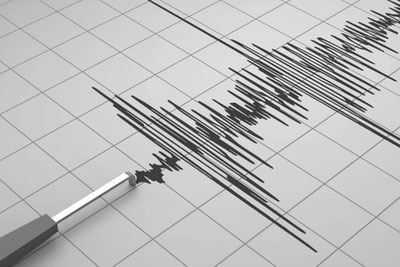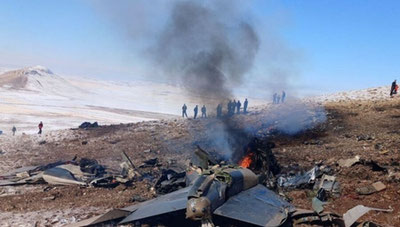The Israeli army is expected to launch a powerful strike across the Middle East tonight, on October 2nd. This was reported by “Reuters”.
Last night, on October 1st, Iran launched ballistic missiles at Israel as a retaliation for Israel's campaign against “Hezbollah” in Lebanon, and Israel promised to deliver a "painful response" to its enemy.
After Israelis gathered in bomb shelters, sirens were heard across Israel, and explosions were heard in Jerusalem and the Jordan Valley. State television reporters lay down on the ground during a live broadcast.
The Israeli military radio reported that nearly 200 rockets were launched from Iran towards Israel. Later, the Israeli military clearly stated, allowing the population to freely leave their shelters.
The Iranian Revolutionary Guards stated Iran had launched dozens of rockets at Israel, and if Israel retaliates, Tehran's response will be "thunderous and devastating."
However, Israeli army spokesman Daniel Haggari, like Israel's ambassador to the UN Danny Danon, warned that the attack could lead to severe consequences.
“As we have previously informed the international community, any enemy that attacks Israel can expect a painful response,” said Danon's statement.
Israeli Prime Minister Benjamin Netanyahu and several other ministers met in a bunker near Jerusalem, where the security cabinet was supposed to convene soon.
According to Haggari, there have been no reports of injuries due to the Iranian rocket attacks. However, the Palestinian civil defense authority in the West Bank, occupied by Israel, reported that one person died near Jericho due to falling rocket debris and that the area caught fire.
A senior Iranian official told “Reuters” agency that the order to launch rockets at Israel was given by the country's supreme leader Ayatollah Ali Khamenei here.
“Khamenei remains in a safe place,” added the official.
Tehran had informed Russia before the rocket attack and had "warned the US slightly earlier," said Iran's second high-ranking official.
“Reuters” journalists saw rockets being intercepted in the airspace of neighboring Jordan.
The price of oil rose by 5 percent after the news of Iran's rocket attacks, increasing the likelihood of a wider war between the two fierce enemies.
The previous rounds of Iranian rockets fired at Israel in April – for the first time in history – were shot down with the help of US military and other allies. At that time, Israel had responded with air strikes on Iran, but a broader escalation was averted.






